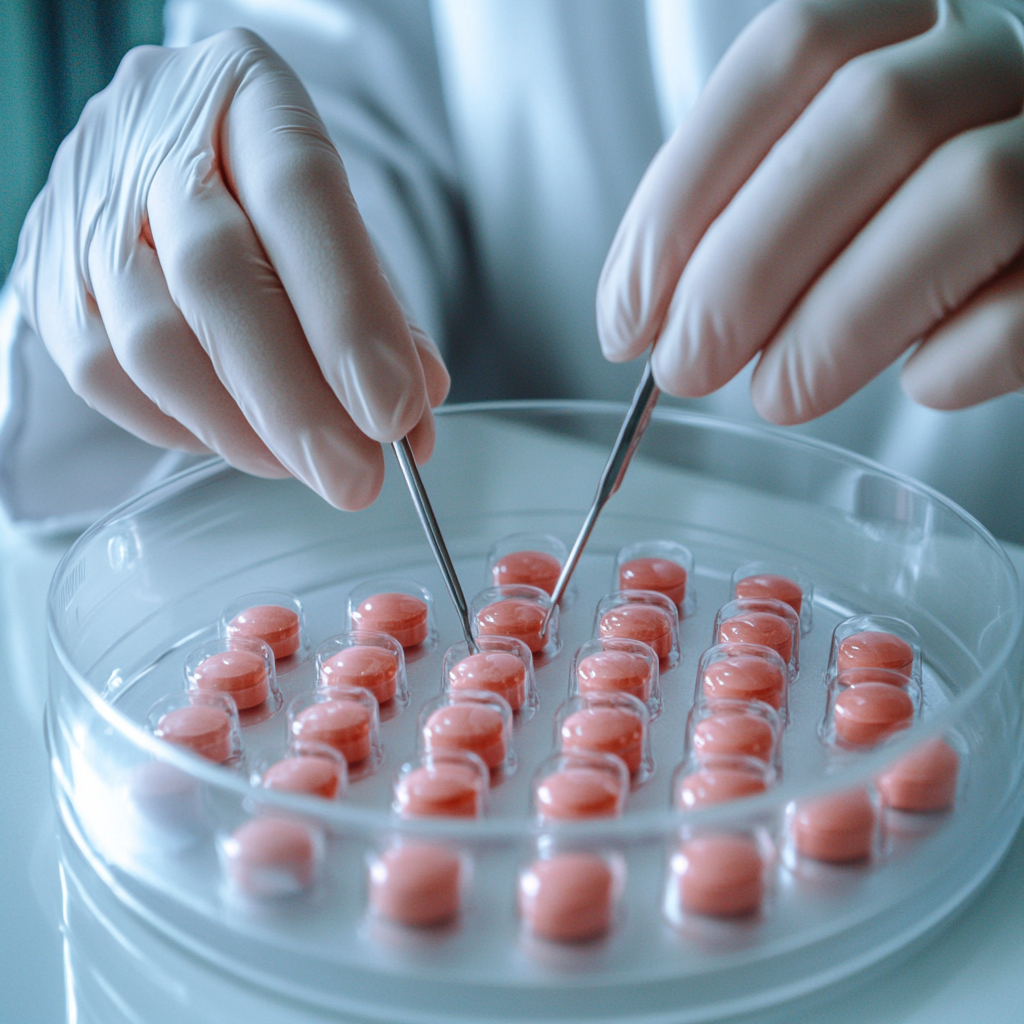Hand-Arm Bimanual Intensive Therapy for Infants with Unilateral Cerebral Palsy
Study Overview
This clinical trial aimed to find out if the Hand-Arm Bimanual Intensive Therapy Including Lower Extremities (HABIT-ILE) can help improve motor skills in infants with unilateral cerebral palsy (UCP).
Why It Matters
Identifying cerebral palsy early and using effective therapies can significantly enhance a child’s motor development during their crucial early years.
Trial Details
- Participants: 48 infants aged 6 to 18 months with UCP.
- Setting: Conducted in Brussels, Belgium from 2021 to 2022.
- Groups: Infants were randomly assigned to either the treatment group (50 hours of HABIT-ILE) or a control group (usual activities).
Key Findings
- Improvement in Hand Use: The treatment group showed a significant increase in using their more affected hand compared to the control group.
- Enhanced Performance and Satisfaction: The treatment group reported better performance and satisfaction scores in their daily activities.
- Overall Motor Function: Both groups improved in gross motor skills, but the treatment group had more notable gains.
Conclusion
The trial confirms that delivering 50 hours of HABIT-ILE over two weeks is feasible and effective in improving motor skills in infants with UCP.
Practical Solutions
This therapy can be integrated into early intervention programs to maximize motor development in affected infants.
Value of Clinical Trials
Clinical trials are essential for developing effective treatments. Our platform, DocSym, helps clinicians by providing a comprehensive knowledge base that consolidates clinical standards and research.
Streamlining Healthcare
Our mobile apps facilitate scheduling, treatment monitoring, and telemedicine, enhancing patient care and expanding service delivery.
Learn More
Discover how we can assist your clinic at aidevmd.com.




























